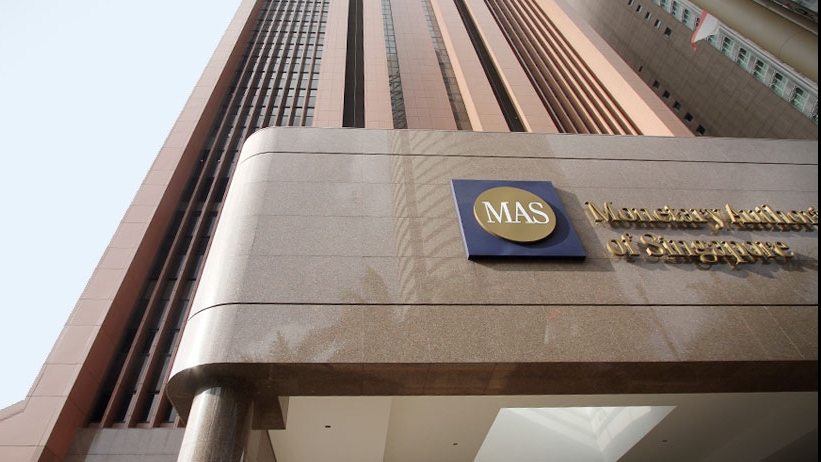 Photo from MAS
Photo from MAS
Has MAS' tightening cycle finally come to an end?
The central bank kept its policy unchanged in April, for the first time since October 2021.
It is unlikely for the Monetary Authority of Singapore (MAS) to tweak its foreign exchange (FX) policy in October after keeping it unchanged in April, according to financial experts.
April marked the first time that the central bank maintained the prevailing rate of appreciation of the S$NEER policy band following five rounds of tightening since October 2021.
"We now expect the current tightening cycle to have ended and the MAS to maintain this pause in the next October meeting, with no change to the appreciation slope of the S$NEER (Singapore dollar nominal effective exchange rate) policy band, which we estimate at +1.5%, no change to the width of the policy band and the level at which the policy mid-point is centred," UOB said in a report.
UOB added that the central bank will be in the status quo concerning the FX policy considering that Singapore's growth outlook has been "substantially downgraded."
MAS expects core inflation to drop in 2H23 to 2.5% YoY from the 5.5% record in January to February.
"Externally, the MAS expects a sharper-than-expected downturn in the advanced economies to ease global inflationary pressures. Domestically, imported inflation has turned negative, and domestic wage growth will moderate with labour demand, especially in sectors exposed to international trade and finance. Overall, the MAS sees a negative output gap this year," DBS noted.
Bank of Singapore, for its part, expects FX policy to be on hold again in October given that "most developed economy central banks, including the Federal Reserve and European Central Bank, would have likely ended their tightening cycles."
After the pause, Morgan Stanely expects the bar to restart the tightening to be "much higher."
"For tightening to restart, we would need to see the fresh upward impetus to the medium-term inflation outlook, or the global economy has to accelerate towards a more steady-state expansion. On the flip side, for the MAS to ease, we would need to see a material deterioration in the global growth outlook, which would include the US economy falling into a deep recession," Morgan Stanley explained.
























 Advertise
Advertise






